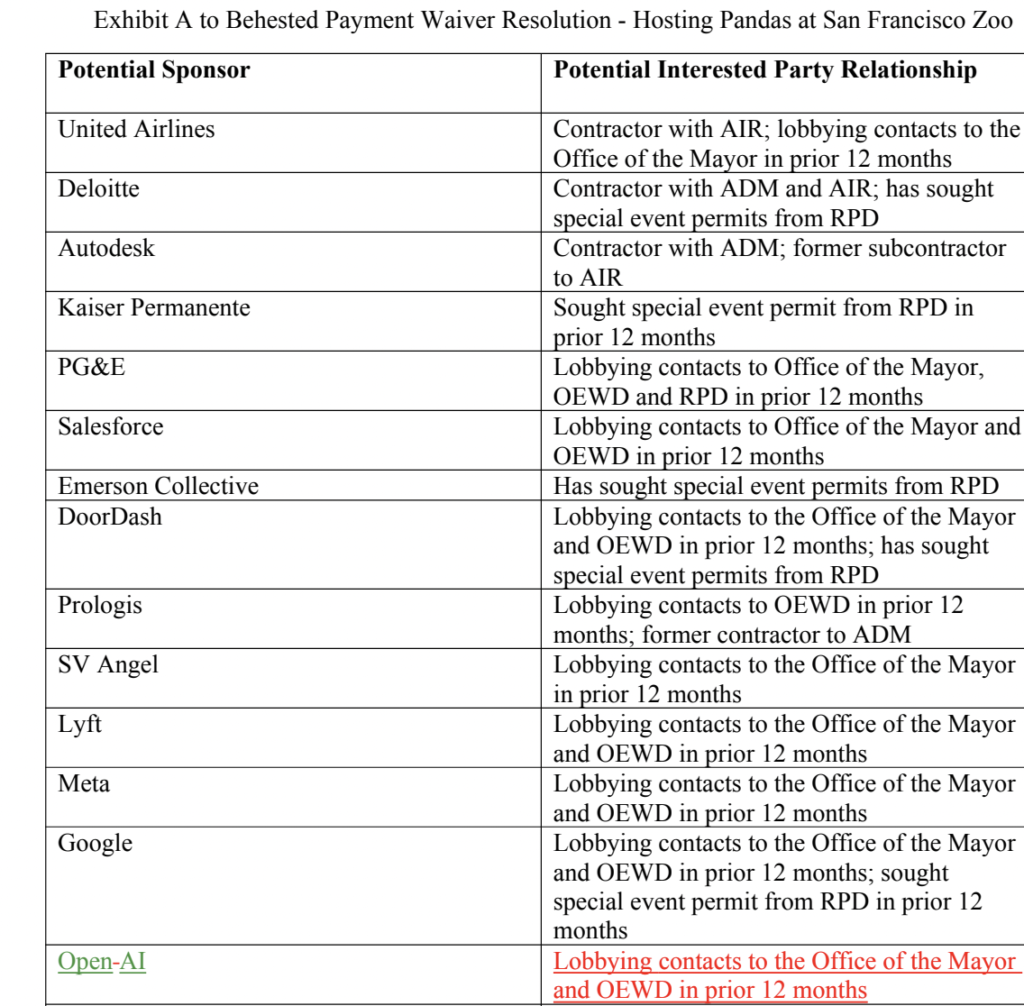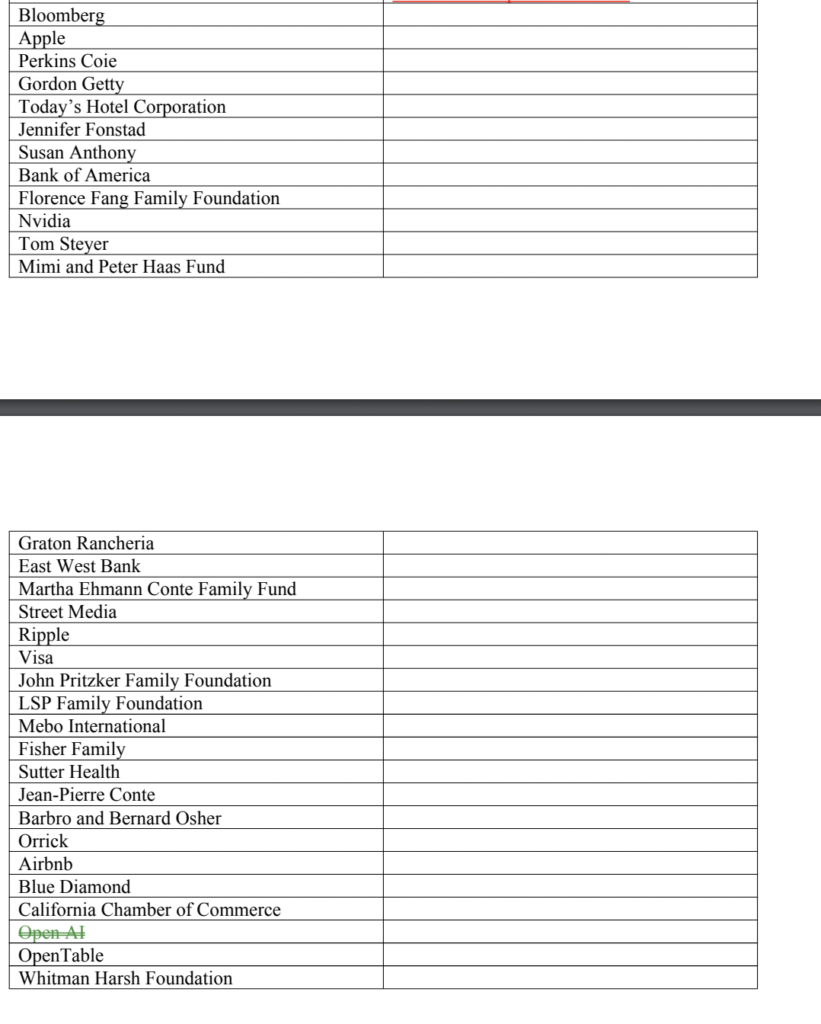>>We need you! Become a 48hills member today so we can keep up our incredible local news + culture coverage. Just $20 a month helps sustain us. Join us here.
The Board of Supes overrode its Rules Committee Tuesday and approved Mayor London Breed’s nomination of Debra Walker to the Police Commission.
The vote was 7-3 with Sups. Dean Preston, Hillary Ronen, and Shamann Walton dissenting. Sup. Ahsha Safai, who voted against Walker’s nomination in committee, was absent.
The vote came despite Walker’s statements, which she essentially repeated before the full board, that she didn’t think the commission should be setting policy for the Police Department beyond very broad statements and cooperation with the chief.

She said the civilian commissioners should not get involved with the “granular work of general orders”—that is, writing the rules that define how cops are supposed to behave.
She said in disciplinary cases she has heard, “there are some problems with [officers] not understanding a general order.”
That would seem to be a problem of training, not a problem of the oversight board setting policy.
She also defended her position in favor of allowing “pretext stops.”
Walton, Preston, and Ronen all said that Walker doesn’t seem to believe in the mission of the commission, which is civilian oversight of the cops.
Part of the discussion involved the role of the commission and the City Charter, which a growing number of people on all sides of local politics agree needs substantial change.
Sup. Rafael Mandelman came down on the side of an even stronger mayor and more control for the executive branch: “The Police Department is part of the executive branch, and policy should reflect the world view of the chief executive.”
That, he said, is why the mayor appoints a majority of the members of the commission.
In the past two years, though, one Breed-appointed commissioner, Max Carter-Oberstone, hasn’t done what the mayor wants all the time. Does that mean she should be able to fire him? Do we need a Police Commission if the mayor is supposed to be in charge of all policy?
That would be a dramatic change to the Charter, which distributes power and some policy making to what are supposed to be independent commissions. (In practice, they are all largely controlled by the mayor).
So Walker will get another term.
Then the supes voted 9-2 to give Breed and her department heads the right to solicit contributions from companies that do business with the city to fund a new panda facility at the deeply troubled zoo. (The problems at the zoo are nothing new, and date back to the decision to turn the facility over to the private Zoological Society. Check out this, and this, and this.)
At any rate, the city’s Behested Payments Ordinance bans public officials from asking private donors for money for their pet projects if those donors do business with or lobby the city. It’s part of the reforms that came from the city scandals involving Mohammed Nuru and the Department of Public Works.
The supes can waive those rules, and they did, for the pandas and the zoo—but Board President Aaron Peskin and Ronen dissented.
Peskin noted that the list of companies the mayor wants to approach include PG&E, “which is always lobbying City Hall, and this doesn’t look good.” In fact, PG&E is at risk of losing its San Francisco franchise if City Hall moves forward on public power.
How is the mayor supposed to ask for money for pandas and at the same time act directly against the interests of the giant private utility? That’s be definition a conflict.
When the legislation first came to committee, it included no names of potential donors. Preston demanded the list, and now we have it. Here’s are the companies that Breed wants to solicit:

Then there are the ones that haven’t had a contract or lobbied the city in the past 12 months—but could.

Breed wants the pandas to help her faltering mayoral campaign, but doesn’t want to budget the money to pay for the improvements to the zoo. So she’s going to the private sector, including companies that want favors from her.
This is pretty much the definition of why the voters approved a limit on behested payments. I could argue that it’s pretty much the definition of potential corruption.





